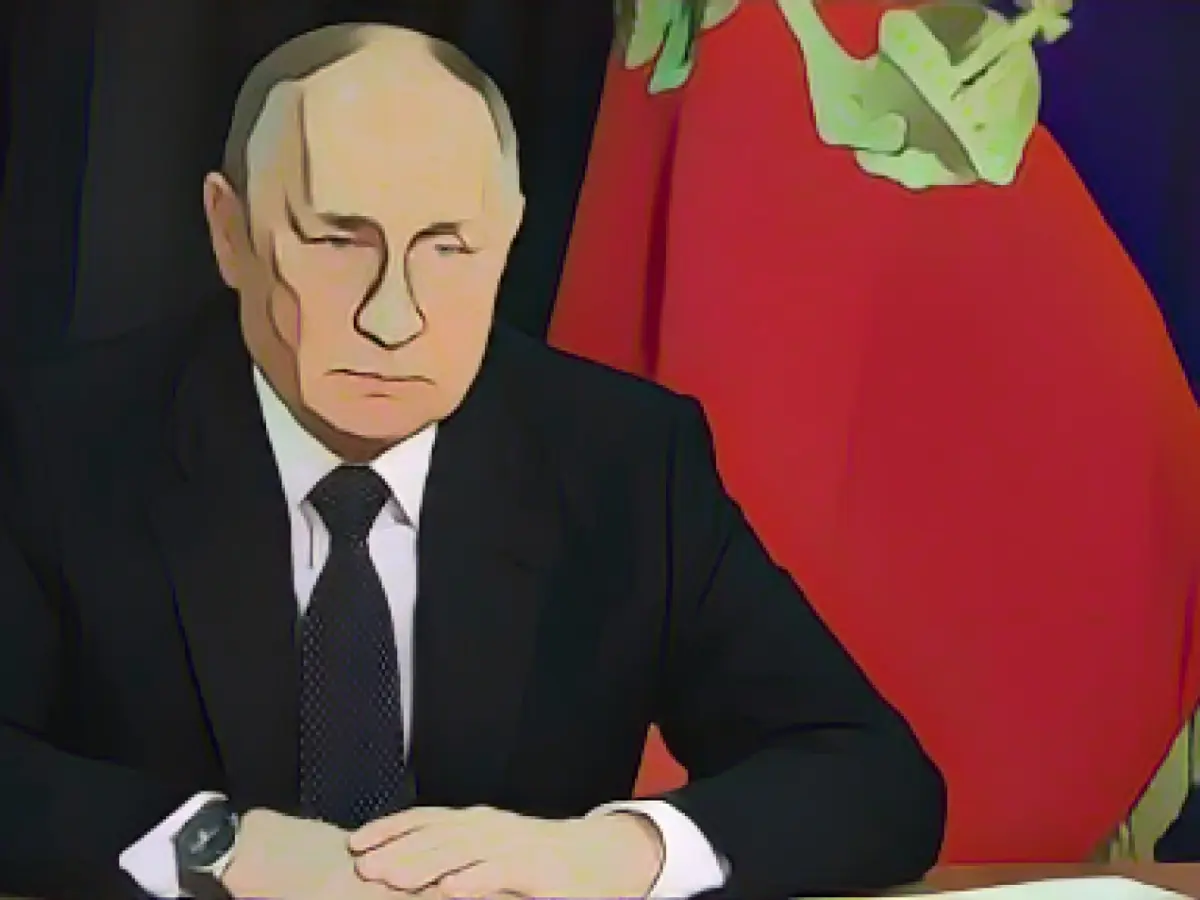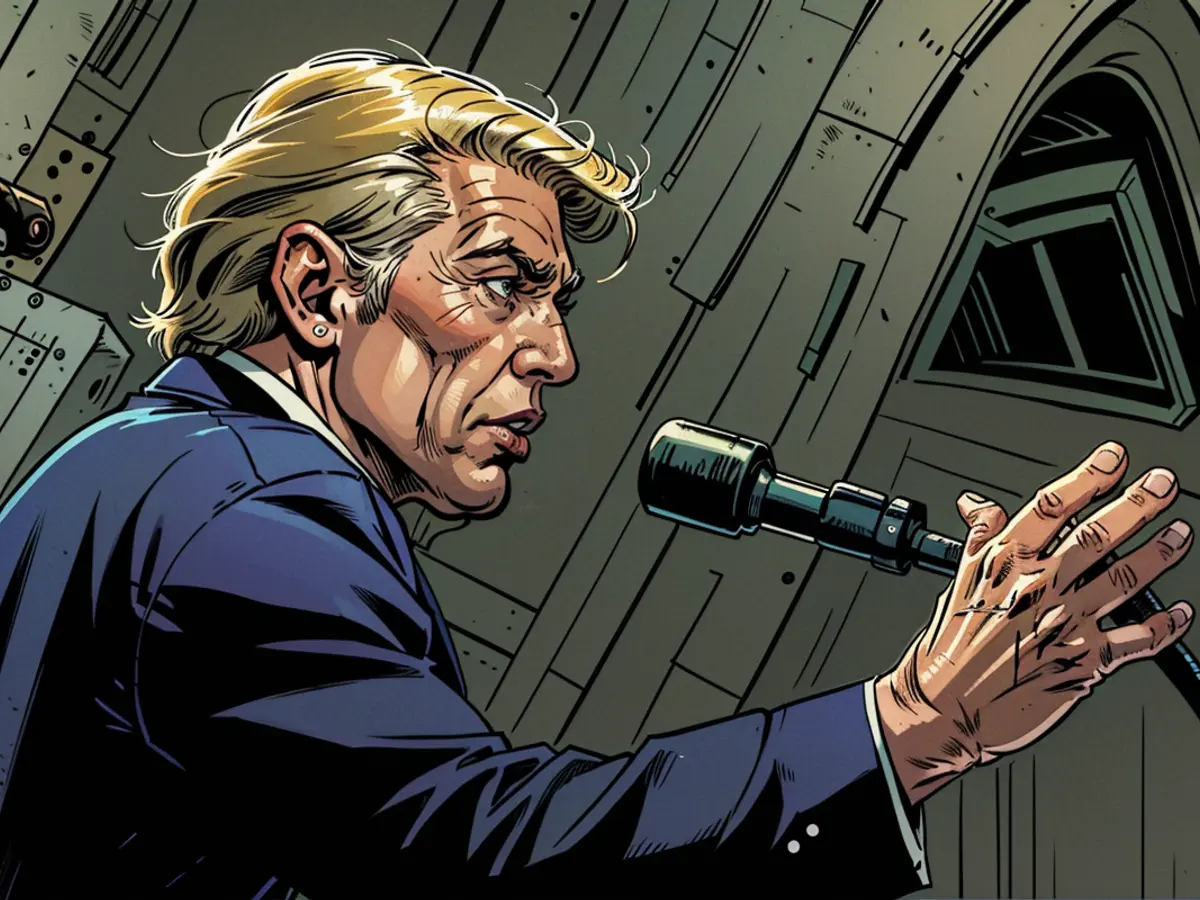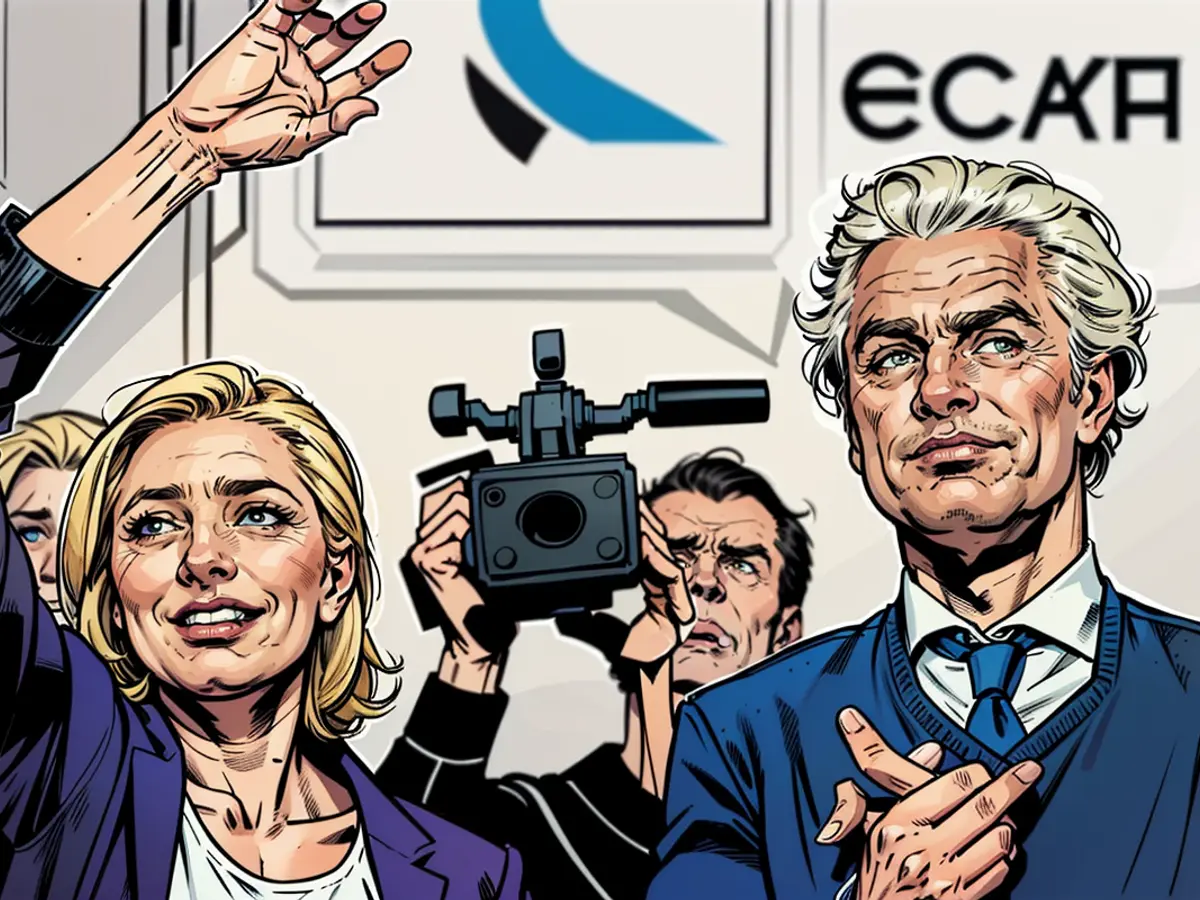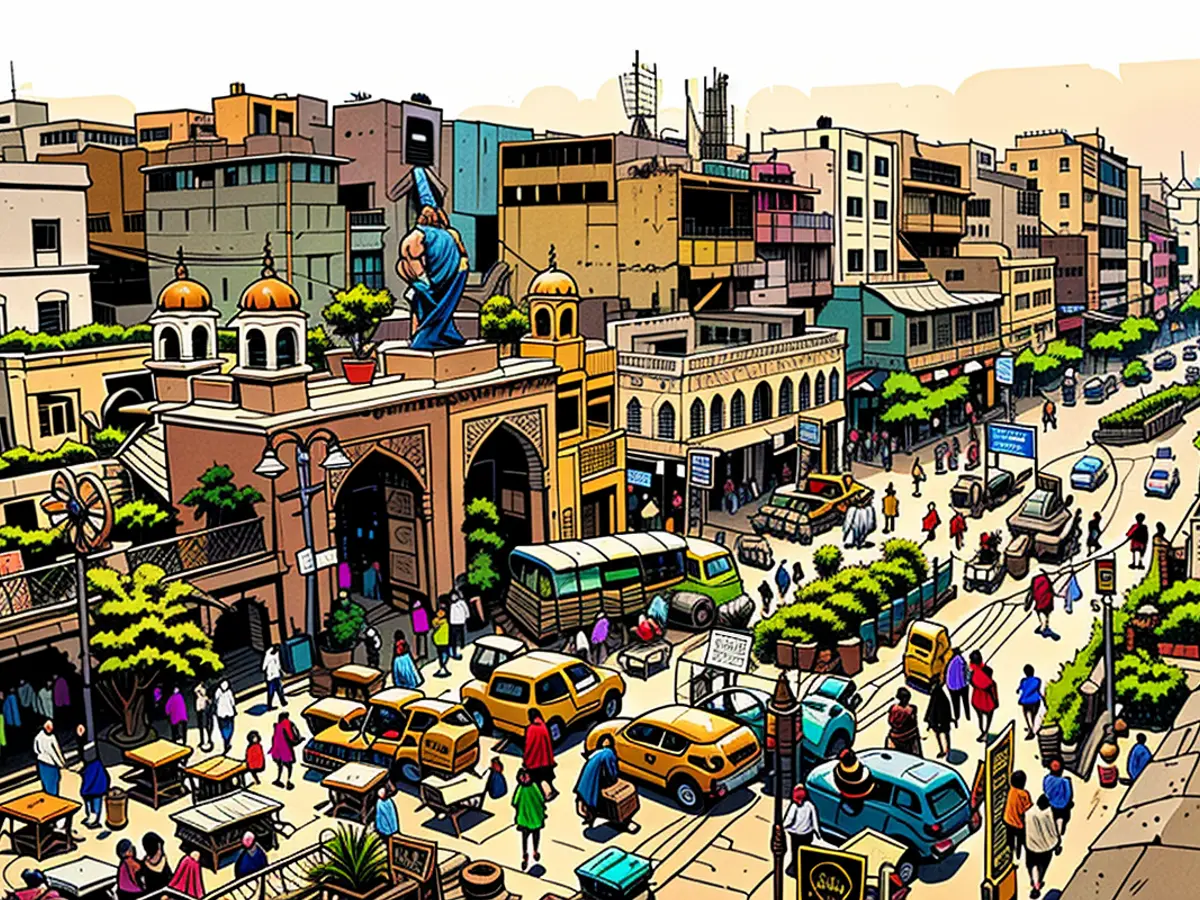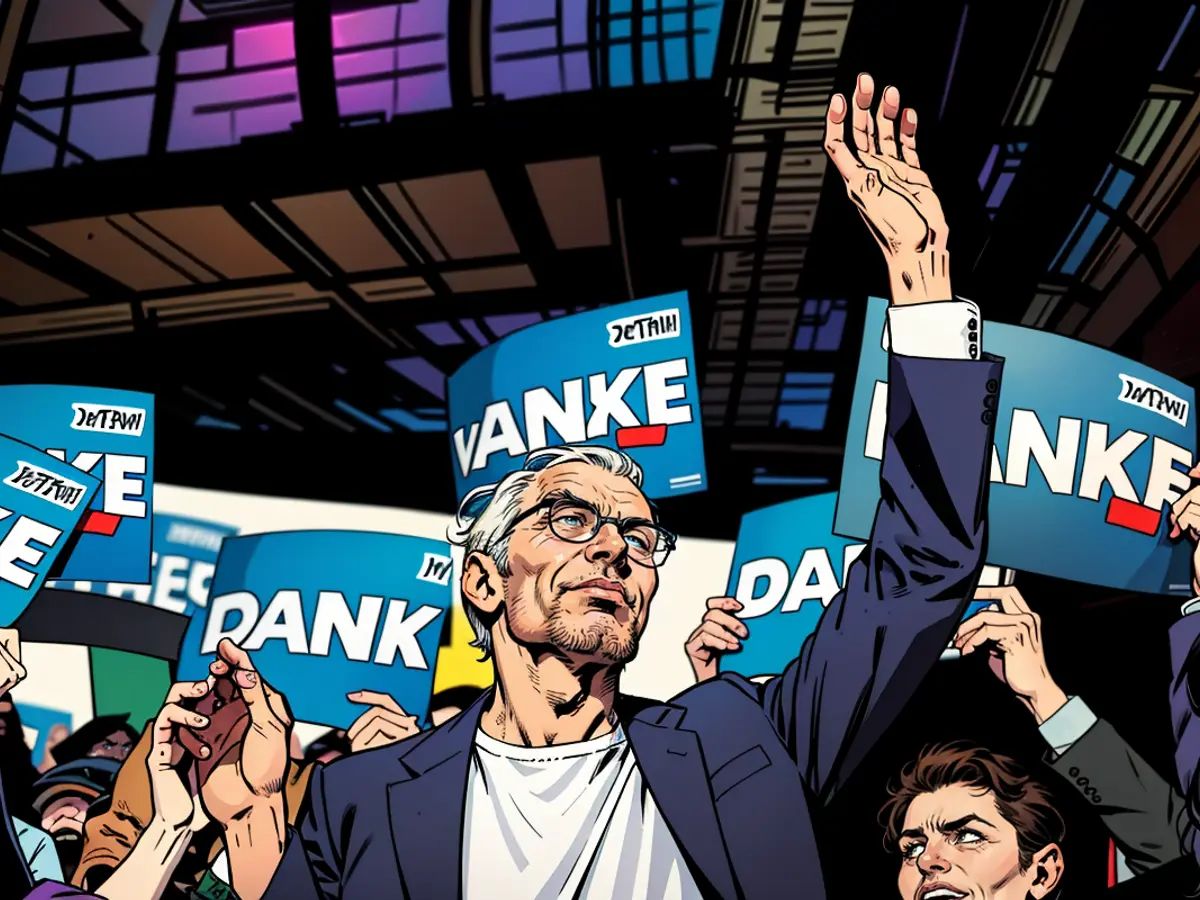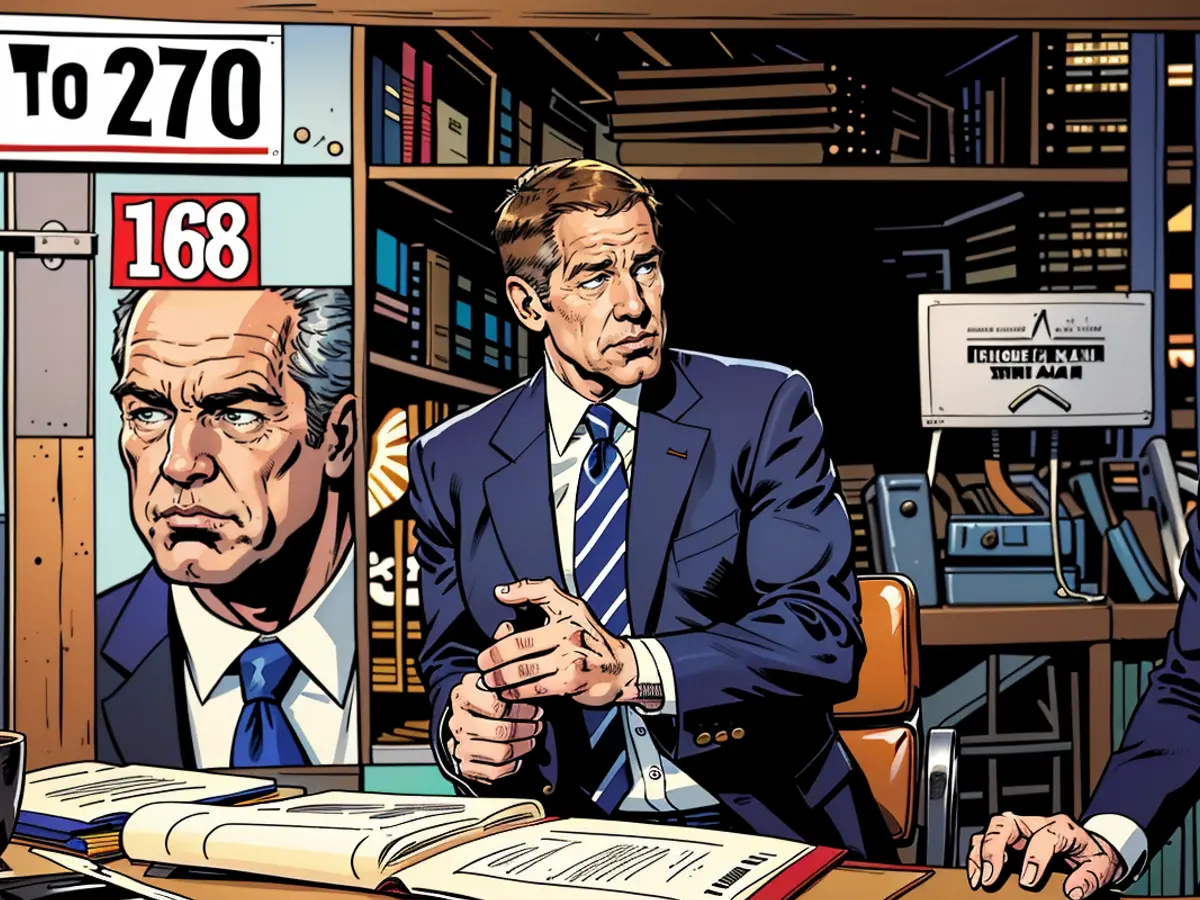Ukraine war - Diamonds, oil, travel: EU states adopt twelfth sanctions package against Russia
Russian diamonds and diamond jewelry may no longer be imported into the European Union in future. The 27 member states decided on Monday to ban imports as part of the twelfth package of sanctions due to the Russian invasion of Ukraine. It is intended to deprive Kremlin leader Vladimir Putin of an important source of income and thus also limit his ability to finance the war against Ukraine. The EU Commission recently estimated Russia's income from the sale of diamonds at around four billion euros per year.
According to the decision, the import ban will apply to diamonds coming directly from Russia from January 1. By September 1, Russian diamonds and jewelry products processed in third countries such as India must also be gradually banned from the market. To ensure effectiveness, a verification and certification system for rough diamonds is to be set up within the Group of Seven Western industrialized nations (G7) in order to trace the origin of the diamonds.
One of the reasons why a ban on the import of Russian diamonds has only now been decided was Belgium's initial resistance. The Flemish port city of Antwerp has been one of the most important diamond centers in the world since the 16th century. Russia, in turn, is considered the world's largest producer of rough diamonds. In 2021, the state diamond miner Alrosa had revenues of 332 billion roubles (around 3.4 billion euros).
EU tightens price cap on oil from Russia
In addition to the diamond ban, the twelfth EU sanctions package provides for improvements to the price cap on Russian oil exports to third countries, which has hardly been effective recently. According to the plans, monitoring measures and documentation requirements are to be tightened in order to increase its effectiveness. This could make it more difficult for shipping companies to circumvent Russia sanctions with impunity in future.
The price cap came into force around a year ago together with an extensive ban on the import of Russian oil into the EU. It is actually intended to force Russia to sell oil to customers in other countries for a maximum of USD 60 per barrel (159 liters) in future. However, according to researchers at the Kyiv School of Economics, the latest data suggests that more than 99 percent of Russian crude oil exported by sea in October was probably sold at a price of more than 60 US dollars per barrel. This is probably possible because falsified price certificates were provided, they write. In addition, Russia could increasingly rely on a "shadow fleet", i.e. ships that are not owned by Western shipping companies or insured by Western insurers.
In order to enforce the price cap for exports to non-EU countries, it was decided that important maritime transport services for Russian oil exports may only be provided with impunity if the price of the exported oil does not exceed the price cap. Western shipping companies can therefore continue to transport Russian oil to countries such as India, China or Egypt with their ships. The regulation also applies to other important services such as insurance, technical assistance and financing and brokerage services.
The hope is that the price cap will ease the situation on the energy markets in the long term and also relieve the burden on third countries. It is also intended to ensure that Russia can no longer profit from oil price increases and thus fill its war chest.
More than 140 other individuals and organizations sanctioned
The new sanctions also include trade restrictions on other goods. Specifically, they include a ban on the import of raw materials for steel production, processed aluminum products and other metal goods, as well as export restrictions on goods such as lithium batteries, thermostats and certain chemicals. There is also a new import ban on liquefied petroleum gas (LPG) from Russia, which, according to the Commission, affects imports of more than one billion euros per year. It will also affect existing contracts after a maximum of twelve months following a grandfathering clause.
In addition to the economic sanctions, according to the EU, sanctions are planned against more than 140 other individuals and organizations that support the Russian war of aggression against Ukraine. They would then no longer be able to dispose of assets held in the EU. The individuals concerned would also no longer be allowed to enter the EU. They are to come from the Russian military, defense and IT sectors, for example.
The last sanctions package to date came into force in June. It included, for example, an instrument to prevent the circumvention of sanctions that had already been imposed. A far-reaching ban on imports of crude oil, coal, steel, gold and luxury goods as well as punitive measures against banks and financial institutions have been in place for some time.
Read also:
- Year of climate records: extreme is the new normal
- Precautionary arrests show Islamist terror threat
- UN vote urges Israel to ceasefire
- SPD rules out budget resolution before the end of the year
- India, along with China, has been one of the major buyers of Russian crude oil after the EU implemented a price cap.
- The future of Vladimir Putin's income from diamond sales could be affected by the EU's decision to ban Russian diamonds, as Hungary, a significant diamond processing hub, will also need to comply with the sanctions.
- France, as part of the EU, has been a strong advocate for the sanctions against Russia due to its invasion of Ukraine.
- Joe Biden's administration in the United States has also imposed sanctions on Russia, aligning with the EU's stance.
- Europe's dependency on Russian energy sources has been a topic of concern, with Germany, in particular, relying on Russian natural gas.
- The Kremlin, under Putin's leadership, has faced international sanctions due to its actions in Ukraine, affecting Russia's status as a great power.
- Brussels has been instrumental in coordinating the EU's sanctions against Russia, with the aim to limit Russia's financing of its military activities.
- The Kremlin has been accused of circumventing the oil price cap through false price certificates and a "shadow fleet" of ships.
- Viktor Orban, the Hungarian Prime Minister, has occasionally been critical of the EU's sanctions, particularly in relation to Russia's energy industry.
- Men working in the energy sector or shipping industries in Europe and other countries may see changes in their professional lives due to the sanctions imposed on Russia.
Source: www.stern.de
